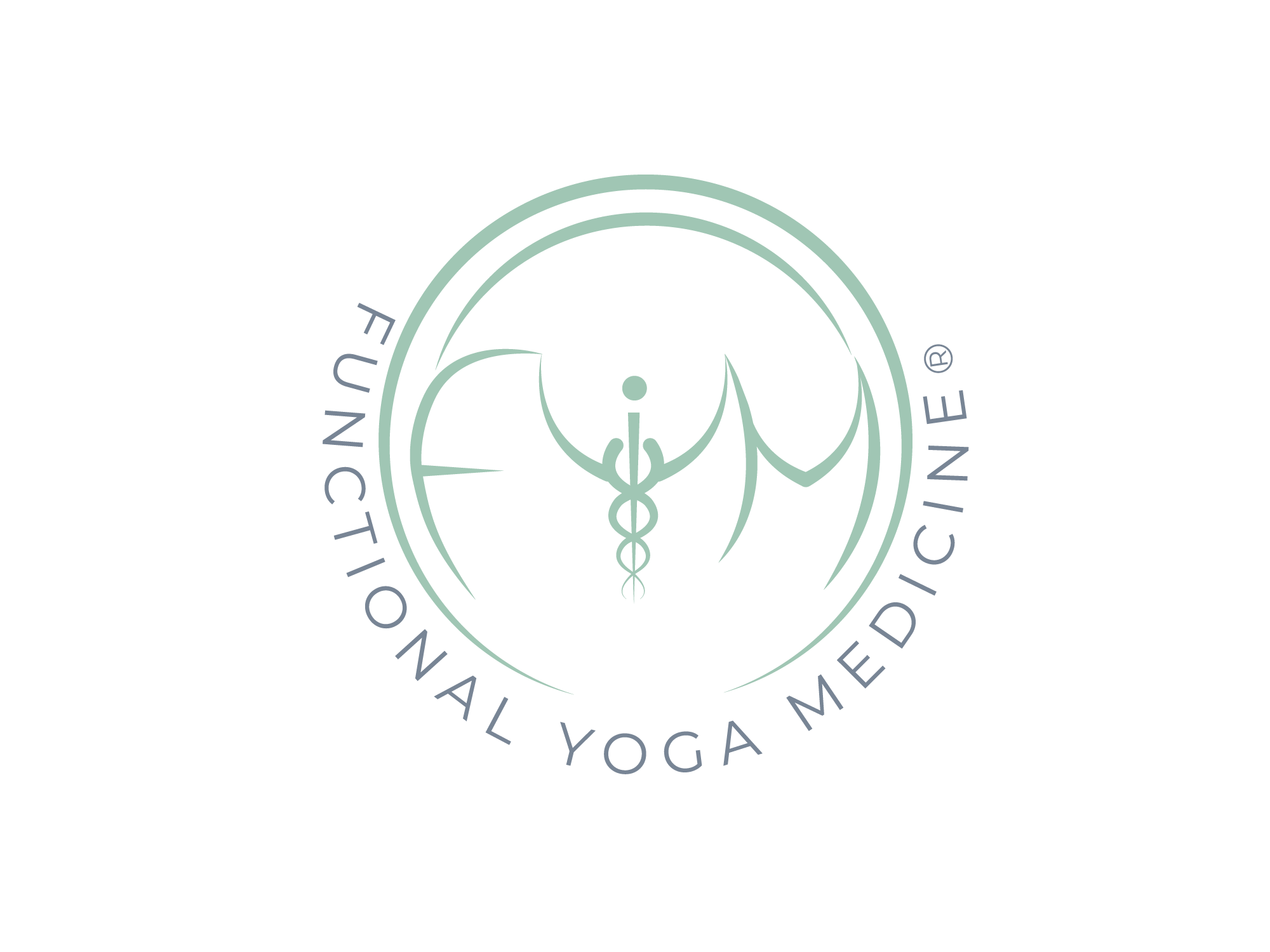Magnesium is an alkaline metal, the eighth most abundant mineral found on the earth. In the body, it is the eleventh most common element by mass, mostly found in skeleton and teeth, approximately 60-65% of the total. The rest of the magnesium in our body is in our muscle tissue and cells. Magnesium is required for metabolic functions and creating proteins essential for life. Unfortunately, it is difficult to rely on foods alone to supply our bodies with sufficient magnesium, even with a balanced diet. This is due to the agricultural methods using NPK fertilizers, which contain phosphorous and potassium which are antagonists of magnesium in the soil. Magnesium and calcium are both necessary for a healthy body, and proper balance is key. Magnesium and calcium are considered biochemical antagonists one cannot act without the other. Calcium and magnesium must be present in balanced amounts for either one to function normally in the body. Magnesium is also a potent detoxifier, it is utilized for neutralization of toxins. Glutathione, a powerful antioxidant, requires magnesium for its synthesis.
The nervous system is also dependent on sufficient magnesium for its calming effects, including restful sleep. Magnesium is also important for our bones and teeth. Without adequate amount of magnesium, calcium will not be deposited in the bones and teeth.
Some great food sources of magnesium are: leafy green vegetables, seeds, tree nuts, and whole grains are good sources. Some sea sources include kelp, sea vegetables, and authentic sea salt are great sources of magnesium.
Even with ideal digestive conditions, only a fraction of magnesium in foods are absorbed, so supplementation is a safe way to get additional magnesium. General dosage recommendations range from about 3-10 mg per pound of body weight, depending on physical condition.
